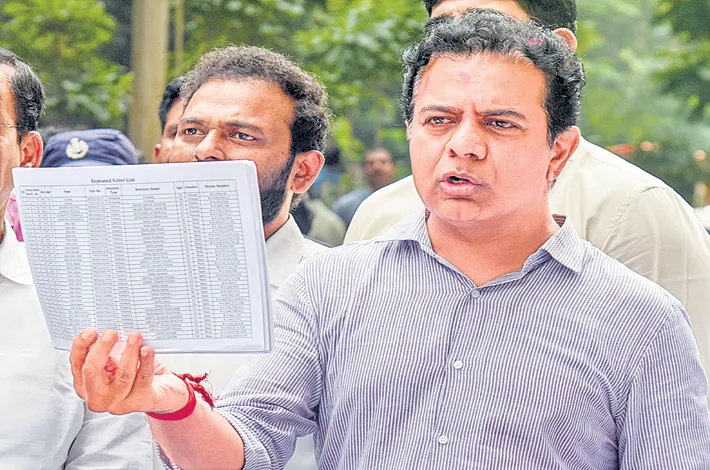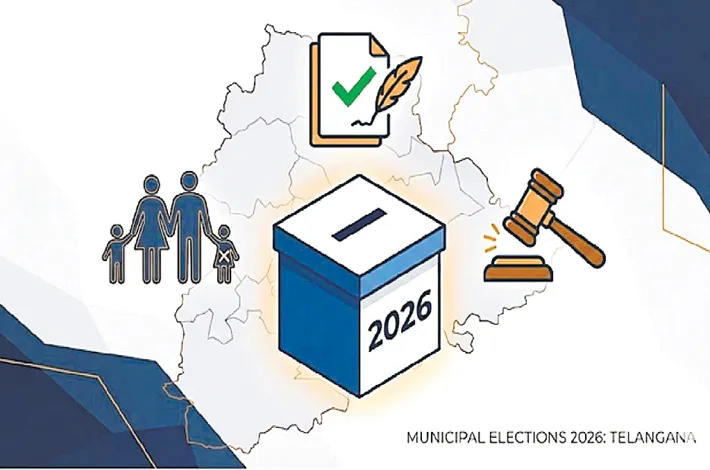‘Reciprocal tariffs baffling; some adverse effects will be on India’
07-04-2025 12:00:00 AM

Former World Bank Chief Economist Kaushik Basu on Sunday described the reciprocal tariffs imposed on approximately 60 countries by the Trump administration as baffling, saying that while these tariffs will have some adverse effects on India, the major impact will be felt in the US.
Basu further said that it is also not really a reciprocal tariff as the Trump administration calls it, it is based on the trade deficit the US has with India. "The new US tariff of 26 per cent on India is baffling. While it will have some adverse impact on India, its major negative impact will be on the US," he told PTI.
Basu, currently a Carl Marks Professor at Cornell University, said it is natural for a country like the US, which has a currency that is trusted and used worldwide, to have trade deficits.
"Hence, this new tariff policy looks almost like an effort to erode trust in the US dollar," he added.
Basu also suggested that India should not respond by raising or lowering tariffs on US imports.
"India should do what Europe, Canada and China are doing, which is to try to expand trade among themselves.
"This is the time for new trade agreements," the former Chief Economic Adviser said.
Responding to a question, he said the reciprocal tariffs on India will not have much effect on India's inflation.
"In fact, its immediate impact may be dampening prices because the difficulty to export to the US will create some short-term glut in the Indian market," Basu said.
According to him, if India responds by raising tariffs on US, as China has just done, that could cause the price of imported goods rise and this could infect the entire economy, resulting in inflation.
On whether India can turn this crisis into an opportunity, Basu said this can indeed be an opportunity for India, not immediately but eventually.
While noting that the immediate impact on India, as on most countries in the world, will be negative, he said the United States is the world's most important economy, and this kind of policy mistake will send negative shock waves across the globe.








